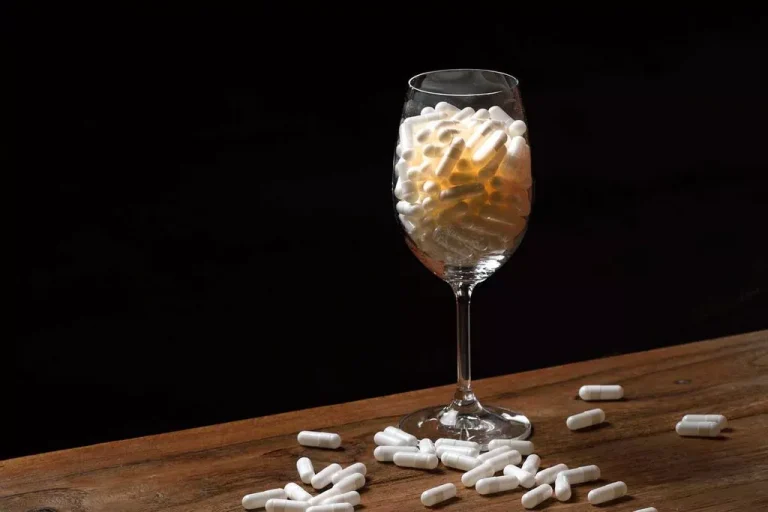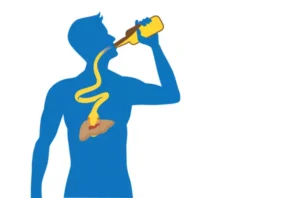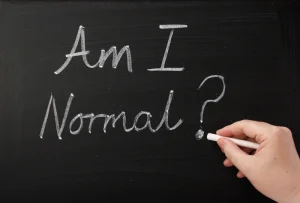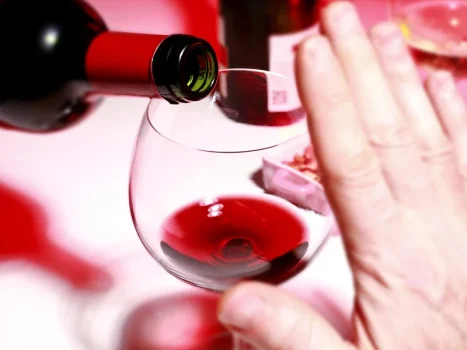Alcohol-Related Liver Disease Alcohol-Related Liver Disease

If you bruise easily and are worried that it may be a sign of alcoholism, talk to your doctor. This article explores the early signs and symptoms of alcoholic liver disease, its stages, causes, risk factors, treatments, and prevention. Alcoholics tend to bruise easily because of the blood vessels in their body breaking down. This can lead to bruising even when there is no trauma to the skin. Alcoholics may also have darker bruises due to the increased amount of blood in their body.
What Causes Brushing in Drinks?
- In general, it takes years for alcoholic neuropathy to develop, so a long-standing history of heavy alcohol use is typical.
- People with medium skin tones may see more red and yellow color in their bruises than people with lighter or darker skin tones.
- Corticosteroids thin the skin, making it easier to bruise.
- The feet and hands are affected more than the upper legs and arms.
If people have cirrhosis, tests for liver cancer are done periodically. They include ultrasonography and blood tests to measure levels of alpha-fetoprotein, which are high in about half the people with liver cancer. Even if examination and test results suggest alcohol-related liver disease, doctors periodically check for other forms of liver disease that can be treated, especially viral hepatitis. Other causes of liver problems may coexist and, if present, must be treated. There is no definitive test for alcohol-related liver disease. But if doctors suspect the diagnosis, they do blood tests to evaluate the liver (liver tests).

Late-stage signs

Because of this fact, a person with an alcohol use disorder may have several failed attempts to stop drinking. When someone develops an alcohol use disorder, they will show signs or symptoms that are characteristic of this condition. For these reasons, bartenders typically avoid shaking dark liquors and instead stir or swirl the liquor gently to release its aroma and flavours. By doing so, they can ensure https://ecosoberhouse.com/ that the liquor maintains its intended appearance and flavour profile, delivering the best possible drinking experience to their customers. Because abstinence is difficult, several strategies are used to help motivate people and to help them change their behavior. Therapies that explore and help people clarify why they want to abstain from alcohol (called motivational enhancement therapy) may also be used.
bruising very easily

People who consume four to five standard drinks per day over decades can develop fatty liver disease. But long-term and excessive alcohol consumption can lead to liver inflammation (liver hepatitis). Symptoms of this condition include appetite loss and weight loss. Often, bruising do alcoholics bruise easily after drinking is a result of falling or bumping into something. Sometimes, bruising after drinking occurs because of the fact that alcohol dilates the blood vessels. When blood vessels are dilated, you’re more likely to experience a bruise after bumping into something.
- Most bruises don’t need treatment because they heal on their own, usually within about 2 weeks.
- It was very surprising for me to know that we damage our vessels every time you scratch your hand, kick the ball or keep your arm on the armrest for a long time!
- Deficiencies of certain minerals can cause weakness and shaking.
- In conclusion, bruising is an important aspect of bartending that can impact a cocktail’s flavour, colour, and consistency.
Other factors

- To determine if you have alcoholic liver disease your doctor will probably test your blood, take a biopsy of the liver, and do a liver function test.
- People who consume four to five standard drinks per day over decades can develop fatty liver disease.
- Having hepatitis C increases the risk, and a person who consumes alcohol regularly and has had any type of hepatitis faces a higher chance of developing liver disease.
- They may have such a high tolerance that they do not show any overt signs of intoxication, despite drinking large amounts.
- Sign up for free and stay up to date on research advancements, health tips, current health topics, and expertise on managing health.

